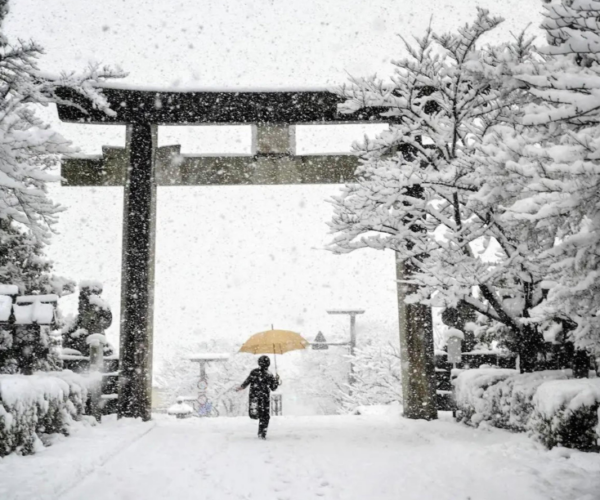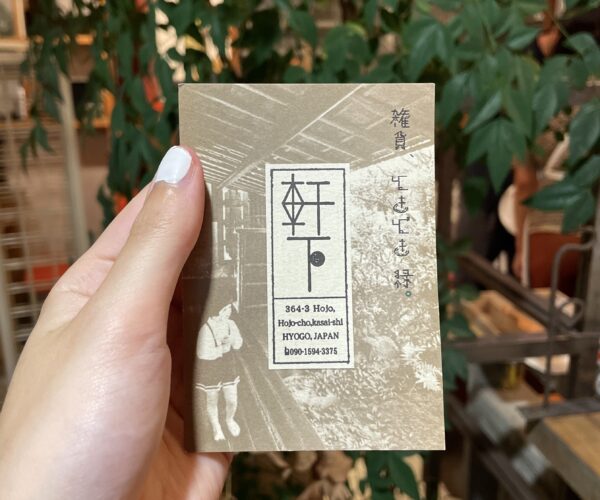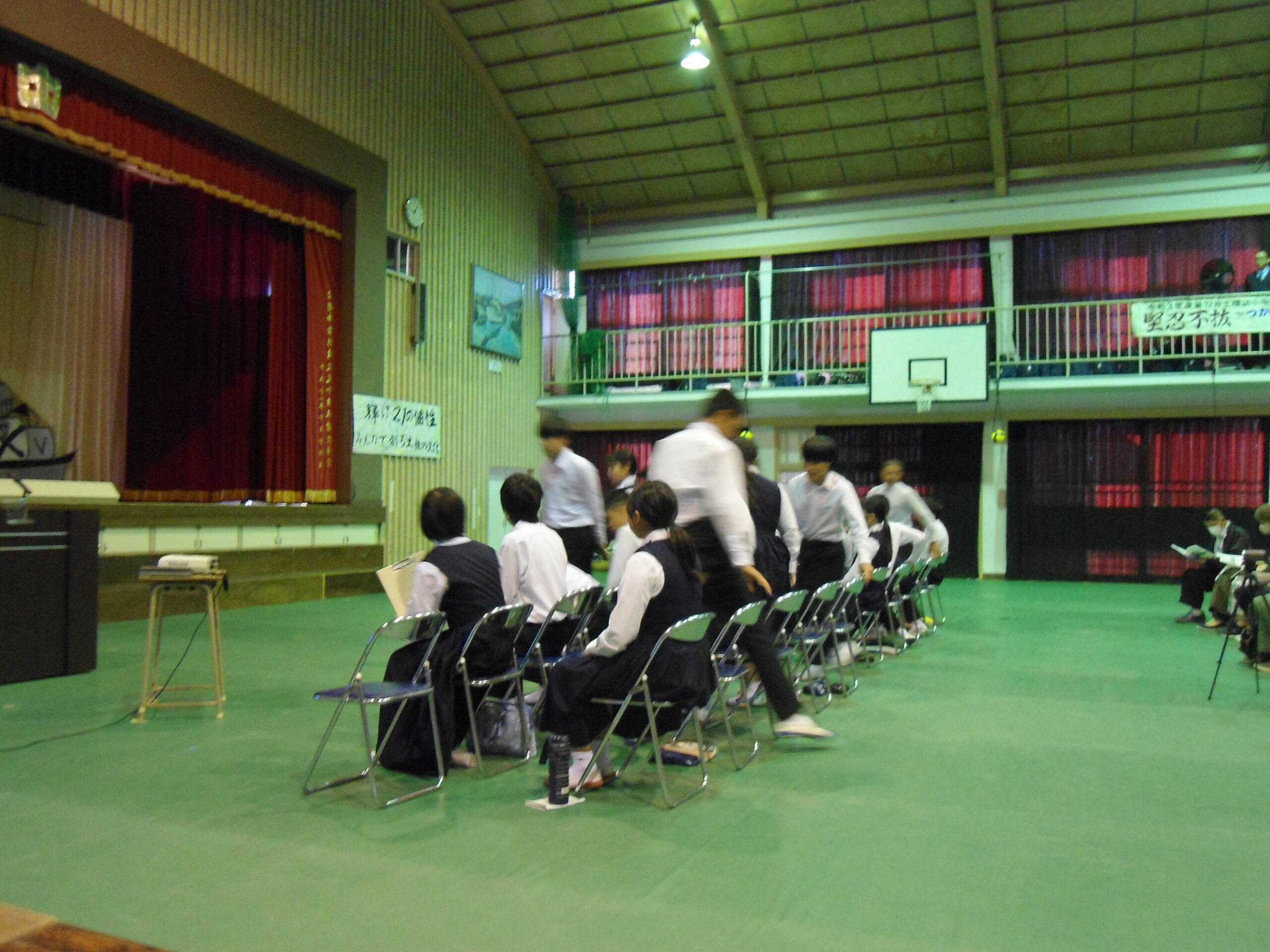Mini Zhang (Kagoshima)
A year ago I learned about ‘good nori.’
I was eating lunch with one of my students and we were chatting about first impressions. I told her that I found the students at her school to be very energetic. In turn, she told me that I had ‘good nori.’
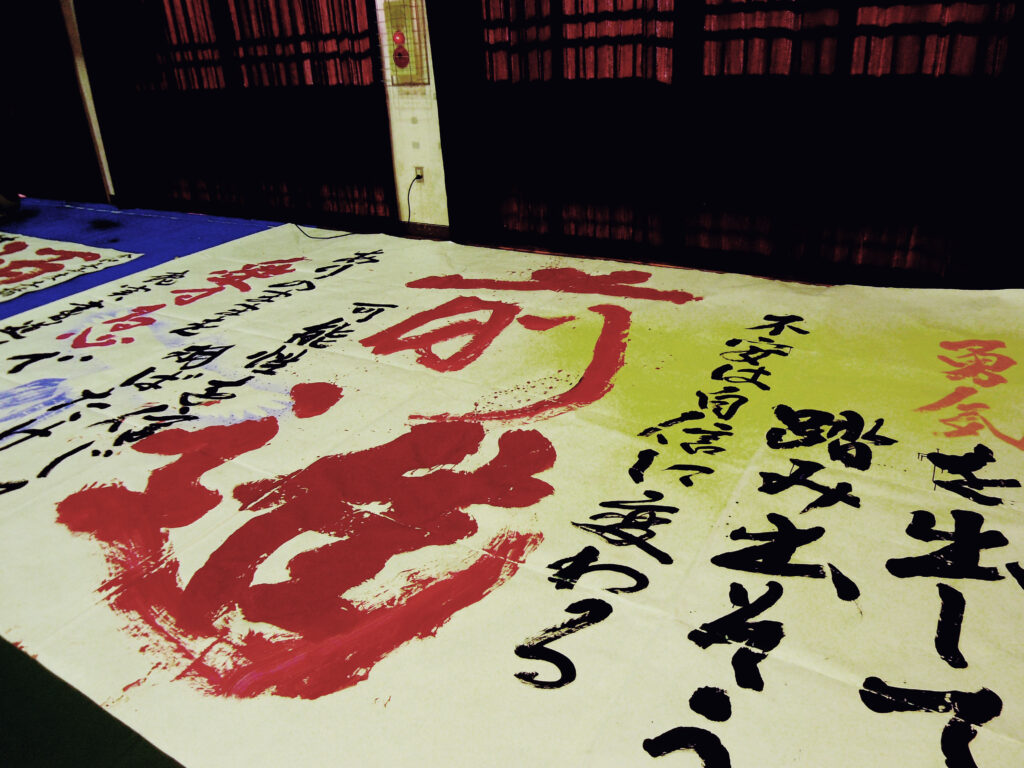
It wouldn’t be wrong to be confused with this term, you might think that nori refers to the seaweed often found in Japanese cuisine, at least I did! That night I went home and did some digging and ended up discovering that good nori—or nori ga ii—refers to a person’s willingness to say “I’m up for it.” In the general sense, a person with good nori is open-minded and proactive. I wondered, “How did I come to have that impression?” What does it really mean to have good nori?
The months leading up to my arrival in Japan were fraught with anxiety. Moving to a new country can cause stress and a multitude of other feelings that come naturally with major change and loss of familiarity. Although grateful to be chosen as an ALT in Hioki City, Kagoshima, I had many worries. Many ALTs experience the same thing. Some of us have never lived alone before, others have never even traveled abroad. We might be intimidated by the language barrier or the lack of experience to be someone that students can learn from. This was definitely how I felt in the beginning, and at that time, I surely wasn’t someone who had good nori. Ever since arriving in Kagoshima, however, it has been surprising to see how naturally those worries dispelled over time.
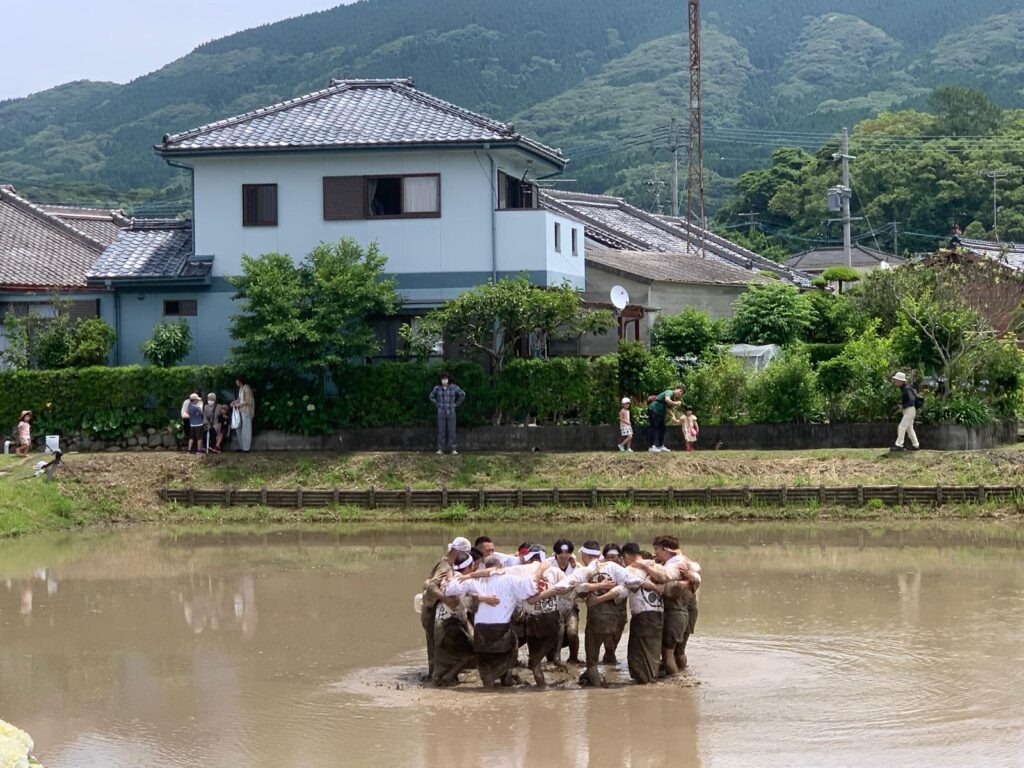
I felt my anxiety melting away the more I interacted with my new colleagues. They have always made efforts to include me in conversations and experiences, whether it be explaining cultural nuances, recommending foods to try and sights to see, or even just having a laugh together despite their busy schedules. The sincerity in the way they welcomed me was a great source of encouragement for me as someone new to not only the area, but the country itself. The confidence I gained from their kindness kept me motivated to challenge a variety of new experiences, but most importantly this feeling allowed me to feel confident in reaching out and connecting with the community around me.
One of the most rewarding connections has been with the students. Their infectious energy and eagerness to have fun make every day exciting and filled with laughter. Yet, it was not always easy being open to their enthusiasm. There were times when I held back from conversations or questions due to worrying about how they would perceive me or because I felt unable to convey my words properly. But with experience and time, it became apparent that moments of ease created the best conversations and strengthened my bonds with those around me. Even if mistakes were made along the way, by openly accepting those moments and taking them in stride, it was possible to overcome my concerns about how I was being perceived and welcome others’ enthusiasm with open arms. As a result, I have been able to form bonds with my students that I cherish deeply. These have become a major factor in me feeling accepted by my community. This sense of belonging has been integral to the overall enjoyment of my time in Japan and has contributed greatly to the improvement of my quality of life as a newcomer to the country.
To have good nori is to be able to accept circumstances with gratitude and pay forward each moment with sincerity.
It is easy to be apprehensive when you find yourself in a new environment with new people and new social structures. Living in a rural town with just over five thousand residents and minimal public transport made it much less convenient to maintain social circles, but by opening myself up to the things already around me, my apprehension and isolation became gratitude that began to influence even the most mundane surroundings. Accepting fortuity has given me many great memories and engaging conversations I never would have had otherwise. At the start of this journey, I never imagined myself going on solo trips across Kyushu, or striking up conversations with strangers in restaurants, shops, shrines, and temples. Approaching each interaction with open-mindedness, I can access a much-needed sense of belonging, which has allowed me to strive further as an educator and member of my community.
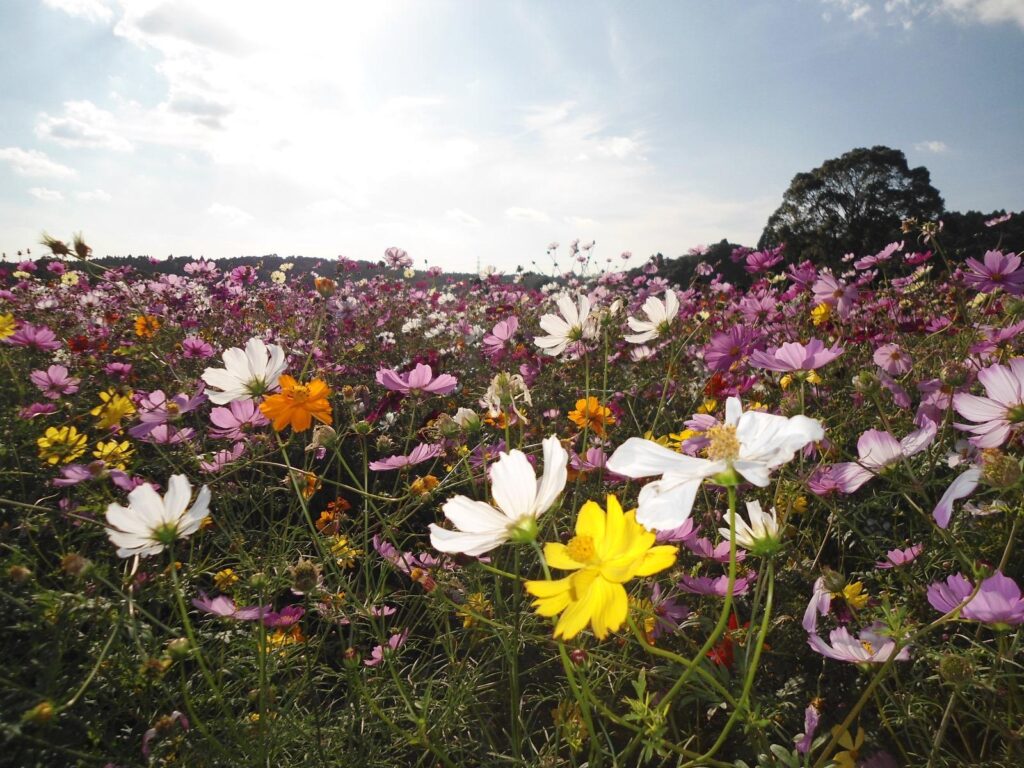
So, what does it mean to have good nori? As a slang term, it can mean many things. Its ambiguity—much like the often-ambiguous nature of ALT life—means that it is what you make of it. From my experience, it’s not something that you attain miraculously when you move to a new country, but rather is the result of allowing yourself to be positively influenced by your new environment. To have good nori is to be able to accept circumstances with gratitude and pay forward each moment with sincerity. Even if these moments seem insignificant, such as filling out paperwork, fumbling through ordering at a restaurant, or even getting lost in unknown places, there is always fun to be had if you are open to recognizing and receiving it. I believe that in doing so, you open an avenue into a more fulfilling life that applies not only to ALTs but to anyone trying to find footing in a new environment.
The beauty of good nori doesn’t end with just having it but rather lies in giving it away. It should be shared with those around you. This can come in many different shapes and forms. In the ALT experience, it can be giving omiyage, thinking up fun lesson plans, joining in on extracurricular activities, taking the initiative to help out, or even just starting a conversation. However, no matter what it looks like, if it is done with the intention of gratitude it will be reciprocated in one way or another. Ultimately, good nori is one’s reciprocation of appreciation. If you approach any situation with this mindset, not only will you come out with more fulfillment but it will only be a matter of time until those around you will tell you “nori ga ii desu ne!”
Mini is a second-year ALT from Canada currently based in Hioki City, Kagoshima. During her free time, she enjoys looking for secondhand treasures, going to the beach, and discovering the beauties of rural Japan.
